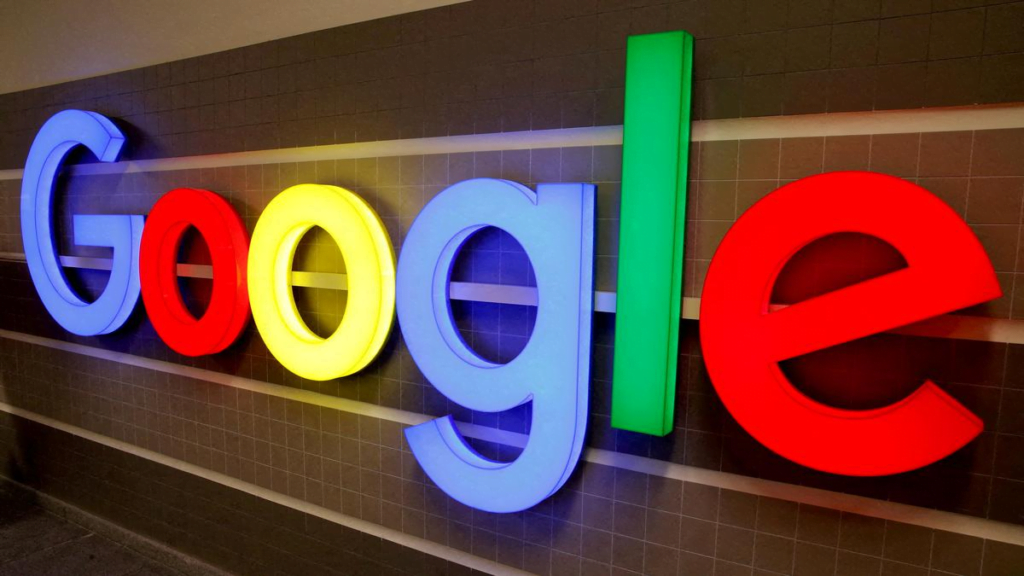Alphabet’s Google said it will begin testing a new feature on its Chrome browser as part of a plan to ban third-party cookies that advertisers use to track consumers
In a significant move towards bolstering user privacy, Google has announced the introduction of a new feature called Tracking Protection on its widely used Chrome browser. This initiative, set to undergo testing starting January 4 among 1% of Chrome users globally, is designed to default to restricting cross-site tracking, effectively placing limitations on the utilization of third-party cookies.6 cool smart glasses launched by big tech giants in 2023
The ultimate goal of Google is to fully phase out the use of third-party cookies by the second half of 2024. However, this timeline is subject to addressing antitrust concerns raised by the UK’s Competition and Markets Authority (CMA). The CMA has been actively investigating Google’s plan to curtail support for certain cookies in Chrome, expressing concerns about potential implications for competition in the digital advertising space.

Cookies, which are specialized files enabling websites and advertisers to identify individual web users and monitor their browsing habits, have long been a cornerstone of digital advertising. The move towards reducing reliance on these cookies aligns with a broader industry trend that prioritizes user privacy and seeks alternatives to extensive tracking methods. Microsoft Ignite 2023 Unveils AI Advancements and Copilot Transformations
Despite concerns raised by advertisers regarding the limitations on collecting personalized information for targeted ads, Google’s initiative reflects a growing consensus in the tech industry to prioritize user privacy over extensive tracking practices. As the digital landscape continues to evolve, the ongoing investigations and developments surrounding Google’s Tracking Protection feature will undoubtedly shape the future of online privacy and advertising.

Stay tuned for updates on this unfolding story that navigates the intersection of technology, privacy, and digital advertising.

